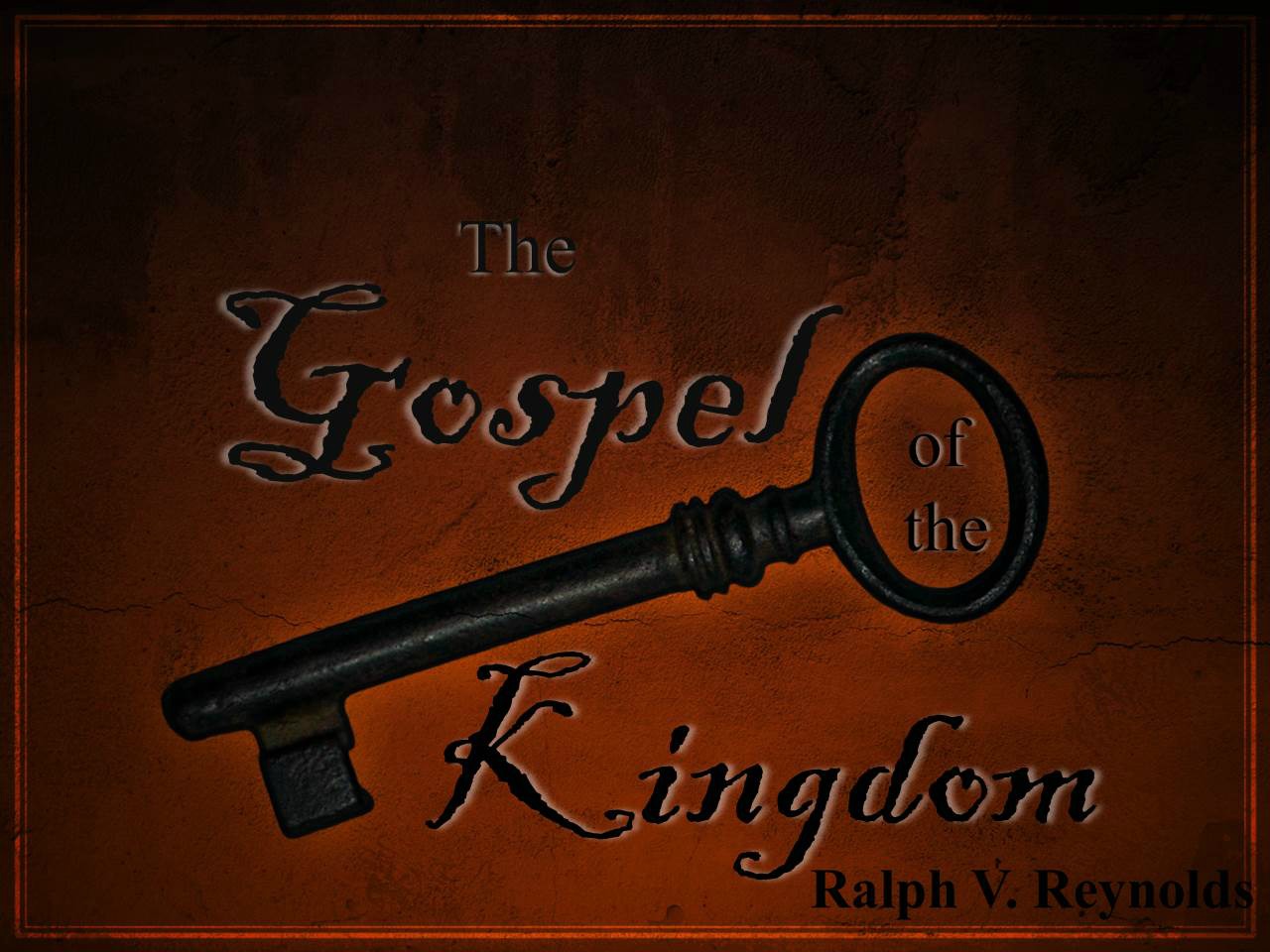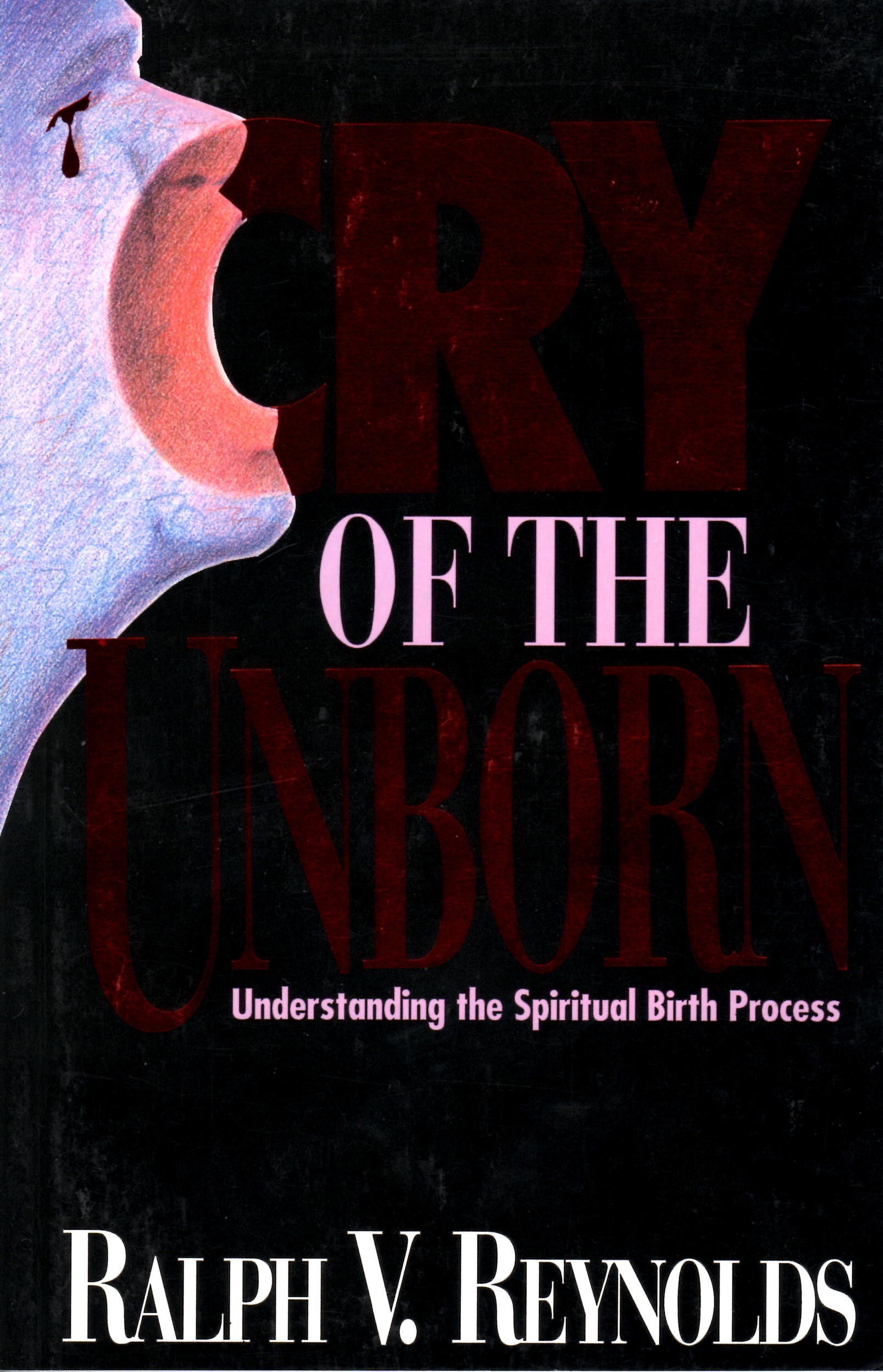
By Ralph V. Reynolds
“And this gospel of the kingdom shall be preached in all the world for a witness unto all nations; and then shall the end come” (Matthew 24:14).
A few years ago I had the privilege of sharing the pulpit at the Ontario camp meeting with Bro. Carl McKellar. I was the morning Bible teacher and he was the evening evangelist. The ministry of Bro. McKellar was outstanding. One evening he ministered on the truth that we are a special people preaching a special message at a special time. If you had been present, you would have heard me shouting, “Amen!”
The church is a body of special people, and we have been commissioned to preach a special message throughout this special church age. Jesus called this special message the gospel of the kingdom (Matthew 24:14). This is the only gospel the church is commissioned to preach, and only the church can proclaim it.
This is not the everlasting gospel named in Revelation-14:6. An angel preached the everlasting gospel, but no angel may preach the gospel of the kingdom. Everlasting means it is preached during the eternal ages, both past and future. The gospel of the kingdom was first preached on the Day of Pentecost, and there will be no need for it when the church is raptured. We shall deal with the everlasting gospel in a later chapter. But here we are considering the gospel of the kingdom which is a special message for the church to proclaim.
The word “gospel” actually means “glad tidings, good news”. It is the message of what God has done for us, that He loves us and offers us eternal salvation. The gospel is a proclamation of what God does. If man hears, believes and obeys it, he may be saved. In the gospel message, there is God’s part and man’s part. In the second chapter of Acts, Peter preached the gospel when he preached the death, burial and resurrection of Jesus. This is the Apostolic message. The Apostle Peter was a spokesman for the entire church, for when he preached, the eleven stood there with him. The message of the death, burial and resurrection brought conviction upon the hearts of the hearers and a desire that they might receive what the early church had received. They cried out, “Men and brethren, what shall we do?” It was then that the Apostle Peter used the keys of the kingdom that Jesus had given to him and opened the doors of the kingdom to a multitude on that day. “And I say also unto thee, that thou art Peter, and upon this rock I will build my church; and the gates of hell shall not prevail against it. And I will give unto thee the keys of the kingdom of heaven: and whatsoever thou shalt bind on earth shall be bound in heaven: and whatsoever thou shalt loose on earth shall be loosed in heaven” (Matthew 16:18, 19).
We should understand clearly that Acts 2:38 is not the gospel. The gospel is the message of the death, burial and resurrection of Jesus Christ. Acts 2:38 is the direction and the instruction that each one of us must receive and obey if we are to obtain that which Jesus has provided and offered to us through His death, burial and resurrection. In other words, the Apostle first preached the gospel of the kingdom, and then he used the keys to open the door to that kingdom which he had preached.
The gospel of the kingdom might be summed up with three statements:
- It is the proclamation of the kingdom.
- It instructs men and women how to enter into the kingdom.
- It proclaims and announces the imminent return of the King.
The Bible is quite clear regarding the fact that there are many that cannot enter the kingdom of God. “Now this I say, brethren, that flesh and blood cannot inherit the kingdom of God: neither doth corruption inherit incorruption” (I Corinthians 15:50). “For this ye know, that no whoremonger, nor unclean person, nor covetous man, who is an idolater, hath any inheritance in the kingdom of Christ and of God” (Ephesians 5:5). “Now the works of the flesh are manifest, which are these; Adultery, fornication, uncleanness, lasciviousness, idolatry, witchcraft, hatred, variance, emulations, wrath, strife, seditions, heresies, envyings, murders, drunkenness, revellings, and such like: of the which I tell you before, as I have also told you in time past, that they which do such things shall not inherit the kingdom of God” (Galatians 5:19-21). Although the Bible is very clear and definite in enumerating the things which will keep a person out of the kingdom of God, we are thankful that the Bible is also very clear regarding those who may enter into the kingdom of God. This message of who has the privilege of entering the kingdom is included in wondrous form as the gospel of the kingdom.
As we compare the teaching of our Lord to Nicodemus as recorded in the 3rd chapter of St. John’s gospel and the instructions given to the multitudes by the Apostle Peter when he used the keys to the kingdom, we may readily conclude that a man must be born again of water and Spirit in order to enter the kingdom of God. “Jesus answered and said unto him, Verily, verily, I say unto thee, Except a man be born again, he cannot see the kingdom of God” (John 3 :3). “Jesus answered, Verily, verily, I say unto thee, except a man be born of water and of the Spirit, he cannot enter into the kingdom of God” (John 3:5). “Then Peter said unto them, Repent, and be baptized every one of you in the name of Jesus Christ for the remission of sins, and ye shall receive the gift of the Holy Ghost” (Acts 2:38). It is quite evident that the birth of the water of which Jesus spoke to Nicodemus and the birth of the Spirit are baptism by immersion in water in the name of Jesus and the baptism of the Holy Ghost with the initial evidence of speaking in tongues. In other words, a man is not born of the water until he is baptized the Bible way by immersion in water in the name of Jesus. Likewise, he is not born of the Spirit until he has been filled with the Holy Ghost and spoken with tongues as the initial evidence of that infilling. This experience of the birth of water and Spirit qualifies the individual to have entrance into the kingdom of God.
The gospel of the kingdom unites the message of the kingdom with the name of the King. “And that repentance and remission of sins should be preached in his name among all nations, beginning at Jerusalem” (Luke 24:47). “But when they believed Philip preaching the things concerning the kingdom of God, and the name of Jesus Christ, they were baptized, both men and women” (Acts 8:12). The gospel of the kingdom cannot be preached without the proclamation regarding the kingdom, uniting with it the Jesus name message exalting the name of the King.
This gospel of the kingdom is powerful. “For I am not ashamed of the gospel of Christ: for it is the power of God unto salvation to every one that believeth; to the Jew first, and also to the Greek” (Romans 1:16). This gospel has the power to bring life to all men everywhere. It is the message of deliverance that Jesus is the mighty emancipator, breaking the shackles of sin, and liberating men and women of all cultures and races.
The gospel of the kingdom is a certified gospel. It has the stamp of certification upon it. God’s Word verifies that it is the only gospel, the special gospel for this special age. “But I certify you, brethren, that the gospel which was preached of me is not after man” (Galatians 1:11). Here, in this statement, the Apostle Paul certifies the message that he preached was the message that God had given to him. It was not a message of human origin but the divine message that God revealed and commissioned him to preach. Today, it is still the message that has stamped upon it, “Certified”.
The gospel of the kingdom is a complete gospel. It is recognized that many churches have received over the years a partial revelation of the truth. Many have preached the atonement, others repentance, others holiness and sanctification. Other churches have proclaimed divine healing and the coming of the Lord. But the gospel of the kingdom leaves nothing out; it embraces the whole truth of God. It is a complete, entire message to meet the needs of mankind everywhere.
In the early days of Pentecostalism, the term “full gospel” was widely used. In late years, the United Pentecostal Church International has used the term “whole gospel”. By so doing, we have recognized that there are others who preach a partial gospel. This is a very important fact to be recognized. As the church brings to the religious world the whole gospel, nothing is gained by taking the stand that they have nothing. Rather, the proper thing is to recognize the portion of truth that they have, and beginning there, bring them the whole truth. It should always be remembered that the burden of the church is to bring the gospel to the lost and to bring men and women to the full experience of being completely born again. By so doing, we open the door of the kingdom to men and women and allow them to enter.
As preachers of the gospel of the kingdom, we are stewards of the mysteries of God and we must be faithful (I Corinthians 4:1). We must never preach a watered down, perverted gospel. We must preach the whole gospel, just as it is, to men and women, just as they are.
This article “The Gospel of the Kingdom” is excerpted from “Cry of the Unborn” by Ralph V. Reynolds and may be used for study and research purposes only.




1 thought on “The Gospel Of The Kingdom (Entire Article)”
Comments are closed.